Brazil Faces Highest Rate Of
Internet Data Breaches
Globally
(MENAFN- The Rio Times) In an alarming revelation by NordVPN, a leader in the cybersecurity industry, Brazil has been identified as the country most affected by internet data breaches.
The report unveils that over two billion cookies containing user information were compromised last year alone.
This study, analyzing 54 billion leaked cookies worldwide, identified Brazil as the chief cyber vulnerability hotspot.
Hackers often steal sensitive data: individuals' names, emails, cities, passwords, and home addresses.
These details are usually stored within cookies. Cookies are small text files that websites send to a user's browser.
They play a crucial role in tracking online behavior and preferences, aiming to tailor the web experience more personally to the user.
However, the report identified a significant threat in the form of RedLine malware , which was responsible for a staggering 57% of the cyber offenses investigated.
This malware has not only affected Brazil but also led to considerable breaches in India, Indonesia, and the United States.
Highlighting an ironic twist, Adrianus Warmenhoven of NordVPN commented on how the ubiquity of cookie consent forms has inadvertently increased cybersecurity risks.
He recommended a simple yet effective safeguard: regularly clearing cookies from browsers to reduce the risk of data being accessible to unauthorized parties.
Background
In 2023, Latin America ranked as the fourth-highest target for cyberattacks globally, with 12% of incidents, according to the IBM X-Force Threat Intelligence Index 202 .
This surge in cybercrime highlights advanced campaigns specifically designed for the region.
IBM's Juan Carlos Zevallos points to a widespread digital identity crisis , largely due to compromised credentials, mirroring a global trend.
The financial impact is significant. The average cost of a data breach reached $4.45 million, marking a 15% increase over three years.
Brazil, Colombia, and Chile experienced the highest number of attacks, particularly affecting the retail and energy sectors.
Cybercriminals prefer legitimate account access over network breaches, showing a strategic shift.
Mining's Toxic Legacy In
Yanomami Territory
(MENAFN- The Rio Times) A study by the Oswaldo Cruz Foundation and Socio-Environmental Institute revealed alarming mercury contamination among the Yanomami, Brazil's largest Indigenous group.
The analysis involved 287 Yanomami individuals, revealing that a vast majority faced mercury levels exceeding safe limits.
Specifically, 84% showed mercury levels above 2.0 μg/g, and 10.8% exceeded 6.0 μg/g, surpassing the World Health Organization's limit.
The study linked the highest mercury levels to communities by the Mucajaí River, affected by illegal mining.
Survival International emphasized the worsened situation due to ineffective military action and health post closures.
Dário Kopenawa from the Hutukara Yanomami Association named mining as the main cause of pollution, habitat loss, and health issues like malaria and malnutrition.
The Yanomami territory, spanning Amazonas and Roraima, houses 31,000 people across 370 communities.
This group, with six linguistic subgroups, only recently encountered non-Indigenous populations.
The study, conducted in October 2022 across nine communities, aimed to document the mercury levels following a request from the Texoli Ninam Indigenous Association.
This investigation sheds light on the severe environmental and health challenges faced by the Yanomami due to illegal mining.
Background
The Brazilian Army's move in February to deploy 3,000 troops to the Yanomami Indigenous Territory marks a significant effort to safeguar this critical region.
General Tomás Paiva leads deployment addressing urgent crisis from illegal mining, providing essential security and support.
Illegal mining has devastated the environment and endangered the Yanomami people's health, causing diseases and malnutrition.
The Army's response includes creating two outposts near key rivers and enhancing logistics and response capabilities.
Though ambitious, this plan faces financial and logistical hurdles.
This action aligns with President Luiz Inácio Lula da Silva's broader strategy to shift from short-term fixes to lasting solutions for the Yanomami territory.
The government's commitment involves a significant investment aimed at improving health and security for the indigenous population.
Brazil Will Explore Oil until It Reaches the Level of a Developed Country, Says Energy Minister
Alexandre Silveira argues that natural resources should not be criminalized and calls out rich countries
Apr.4.2024
Even after Brazil committed to transitioning to a global economy away from fossil fuels, Minister Alexandre Silveira (Mines and Energy) says the country should continue oil exploration until it achieves the same social indicators as developed economies.
"In my opinion, [the country will explore oil and gas] until Brazil manages to reach a Human Development Index (HDI) comparable to that achieved by industrialized countries, which today can contribute very little to the environmental issue," Silveira tells Folha.
The departure from fossil fuels was agreed upon last year at COP28, the United Nations Climate Change Conference in Dubai, between Brazil and over a hundred countries.
The minister agrees that the country should impose the so-called Selective Tax on oil — a tax for items that harm health or nature, currently under regulation.
However, he believes that rich countries also need to foot the bill, starting with commitments such as the Paris Agreement, which foresees the allocation of $100 billion annually to climate change-related measures in developing countries.






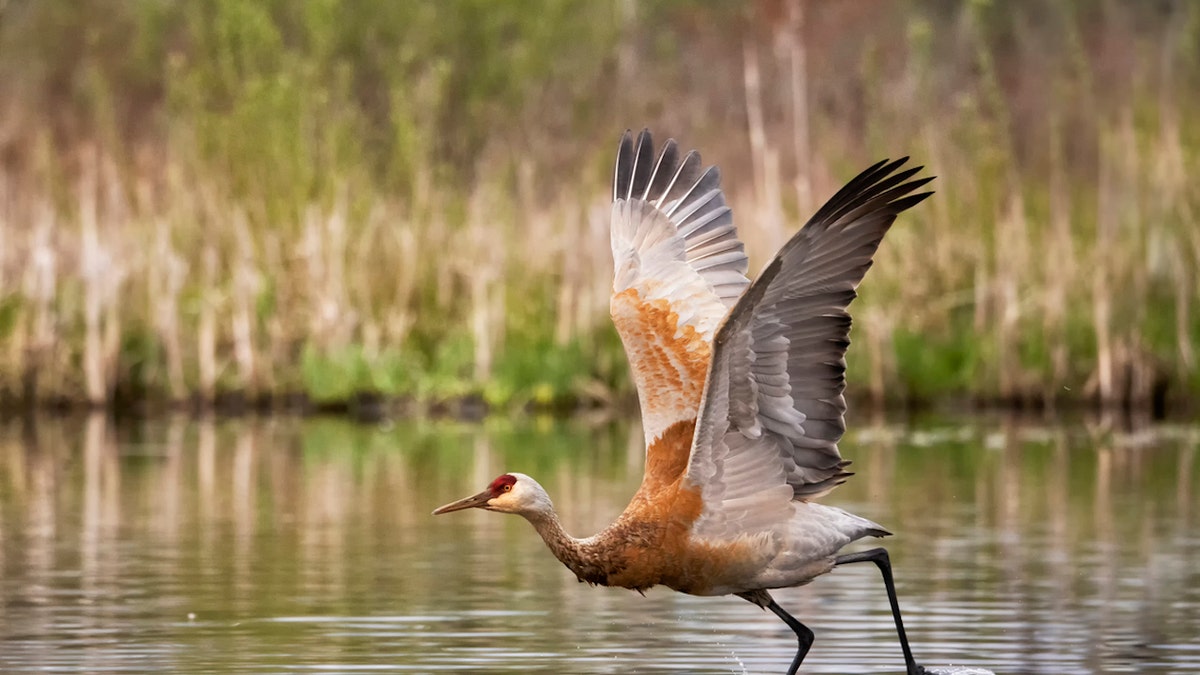

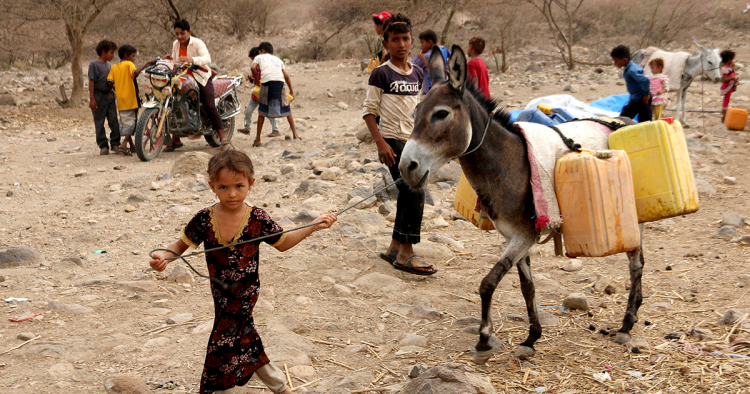

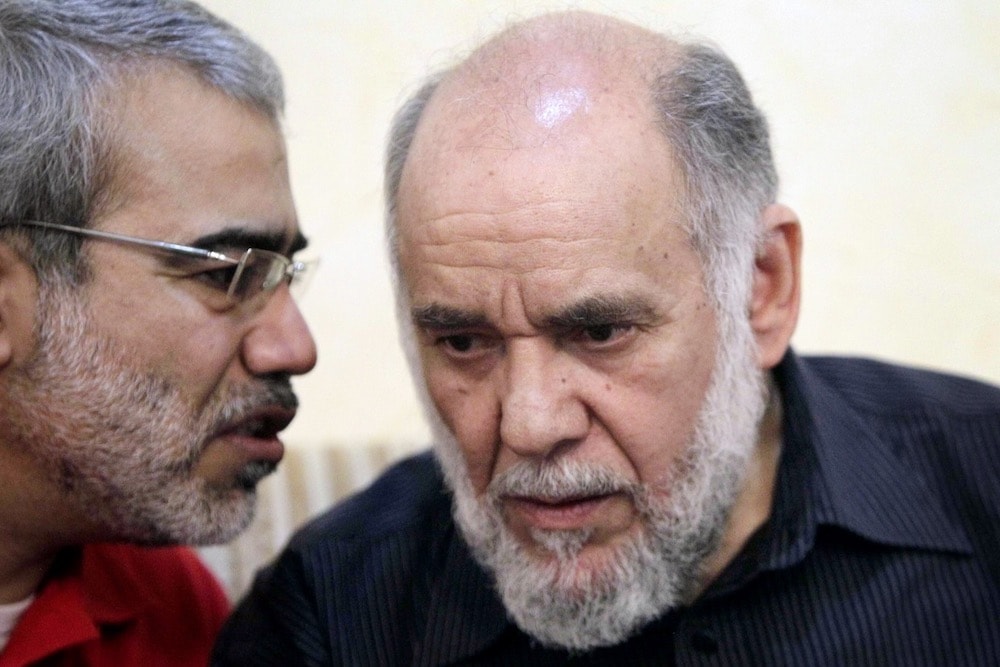


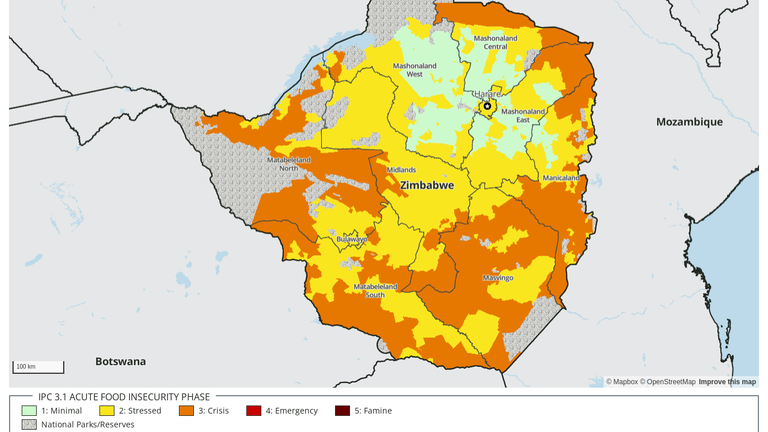
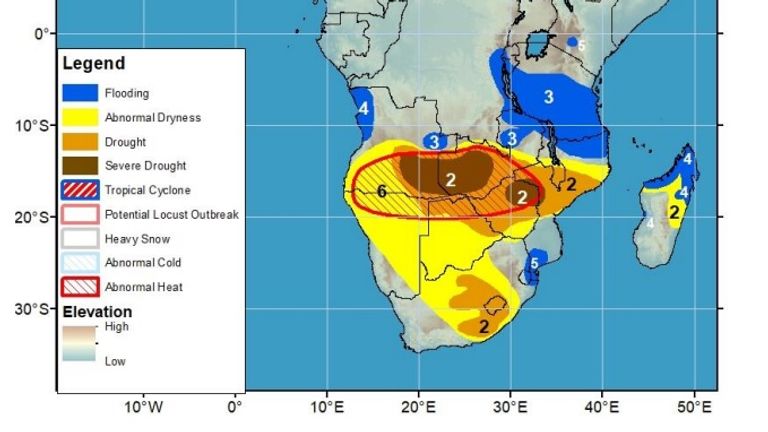

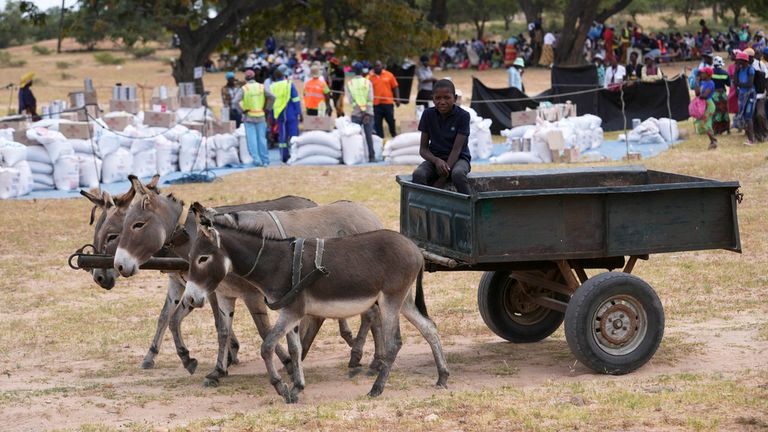

.jpeg)
.jpeg)
.jpeg)